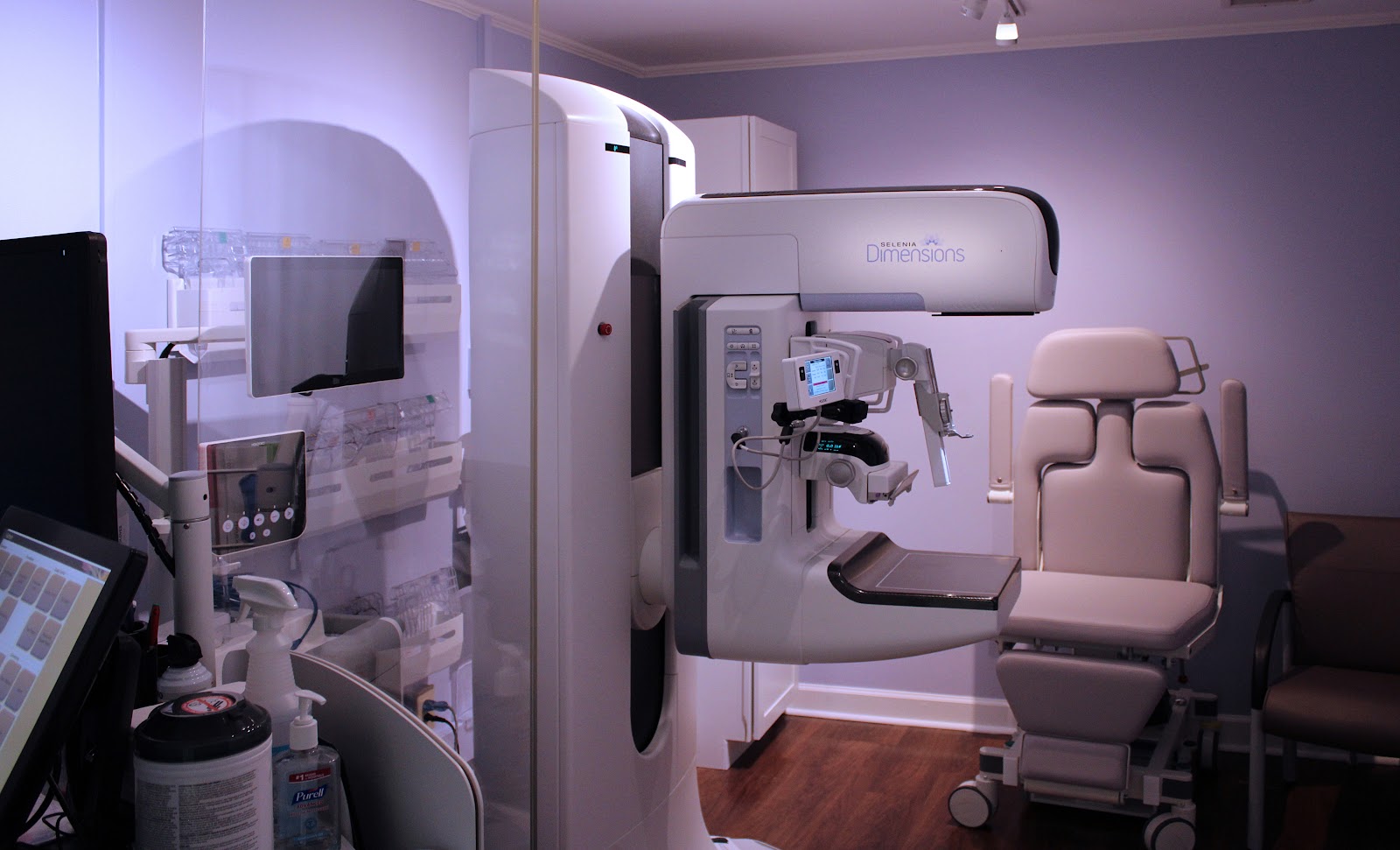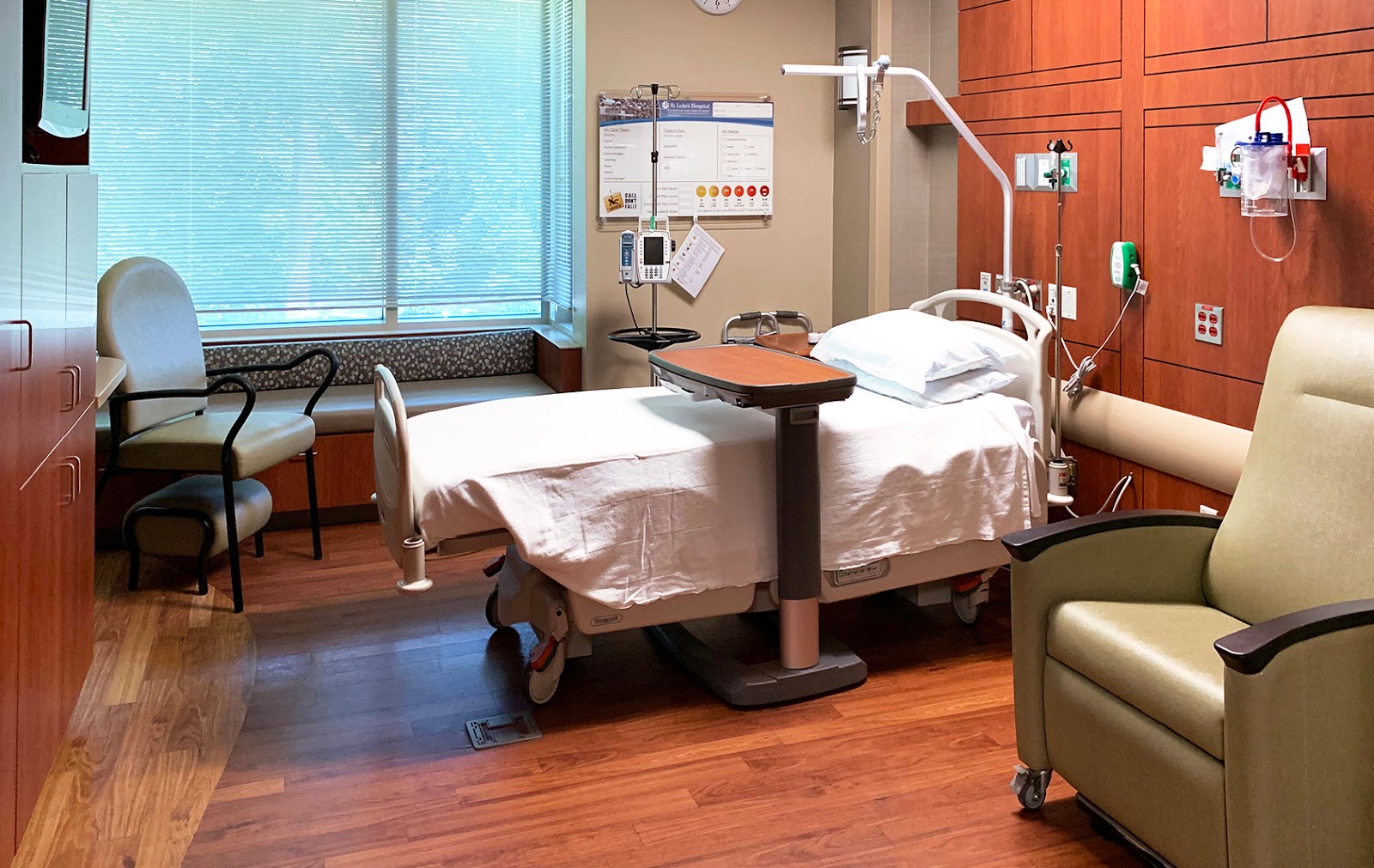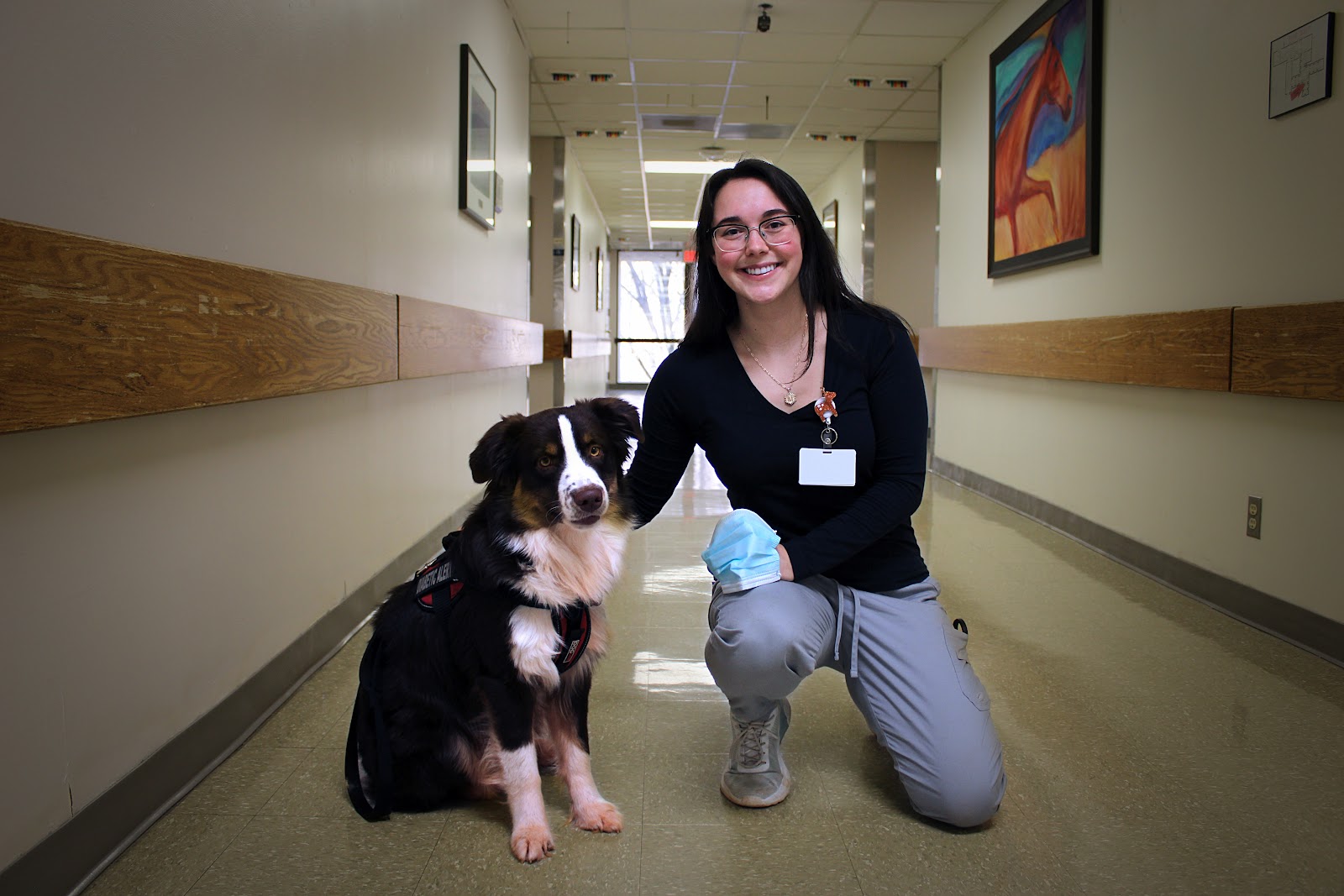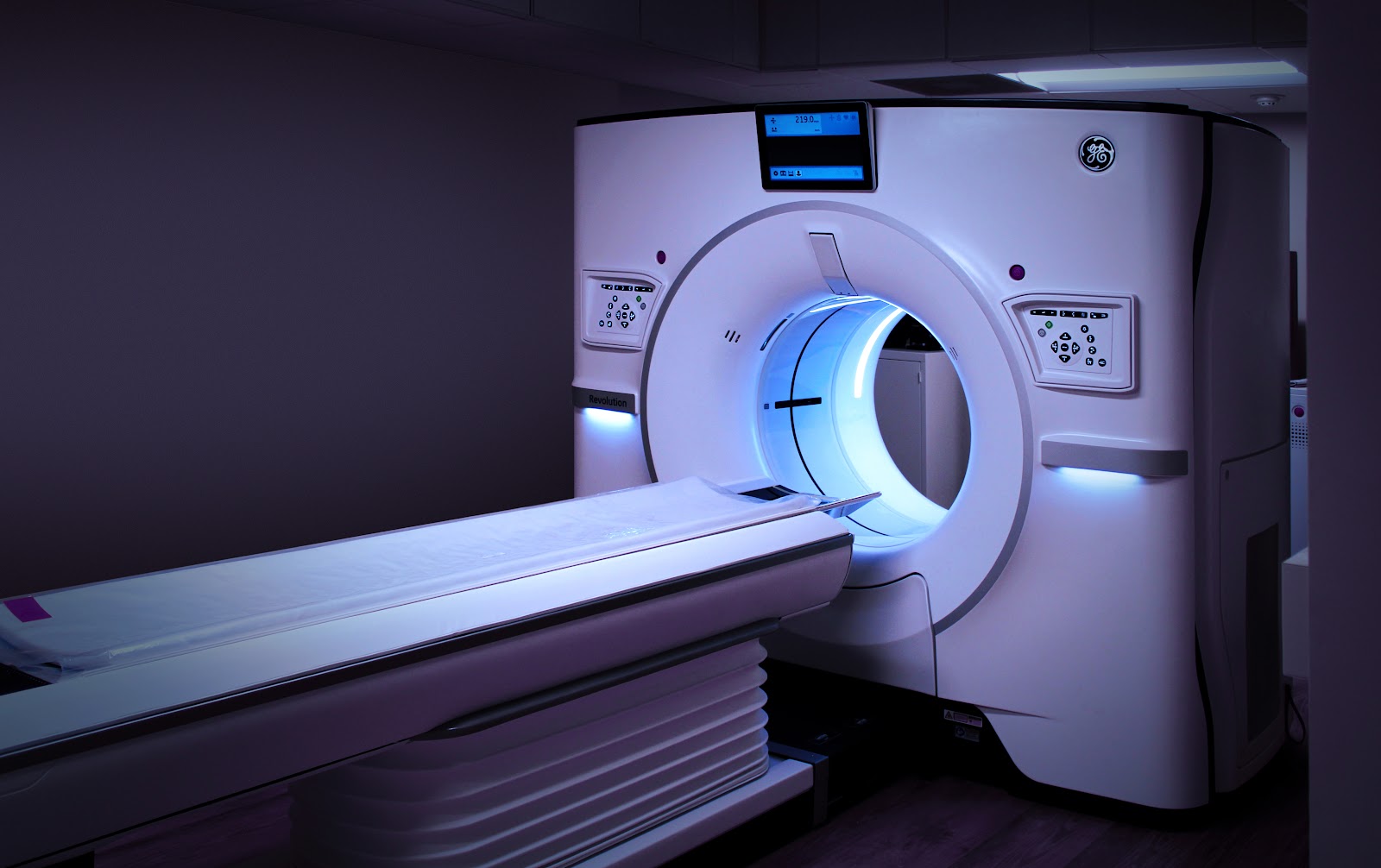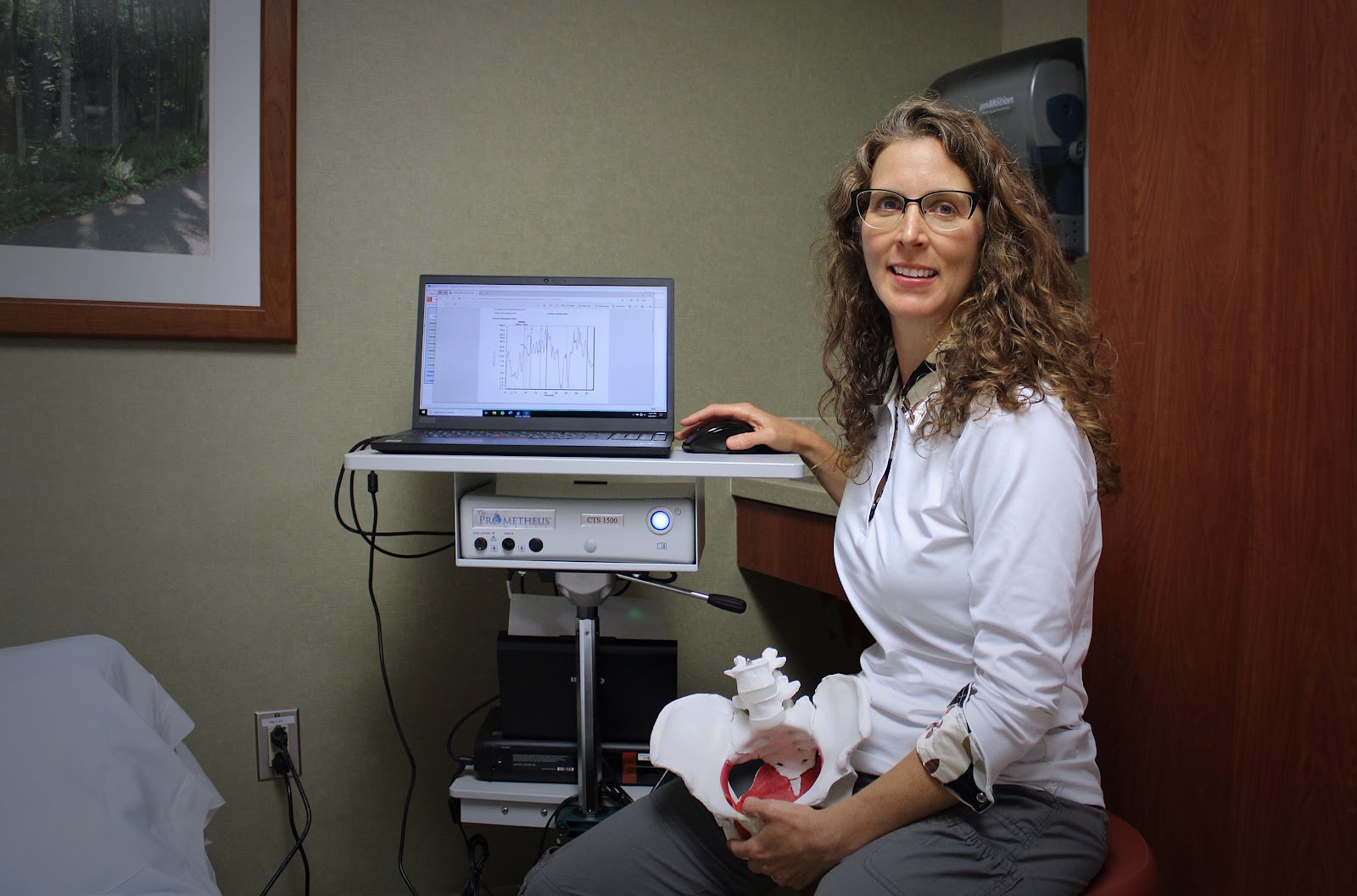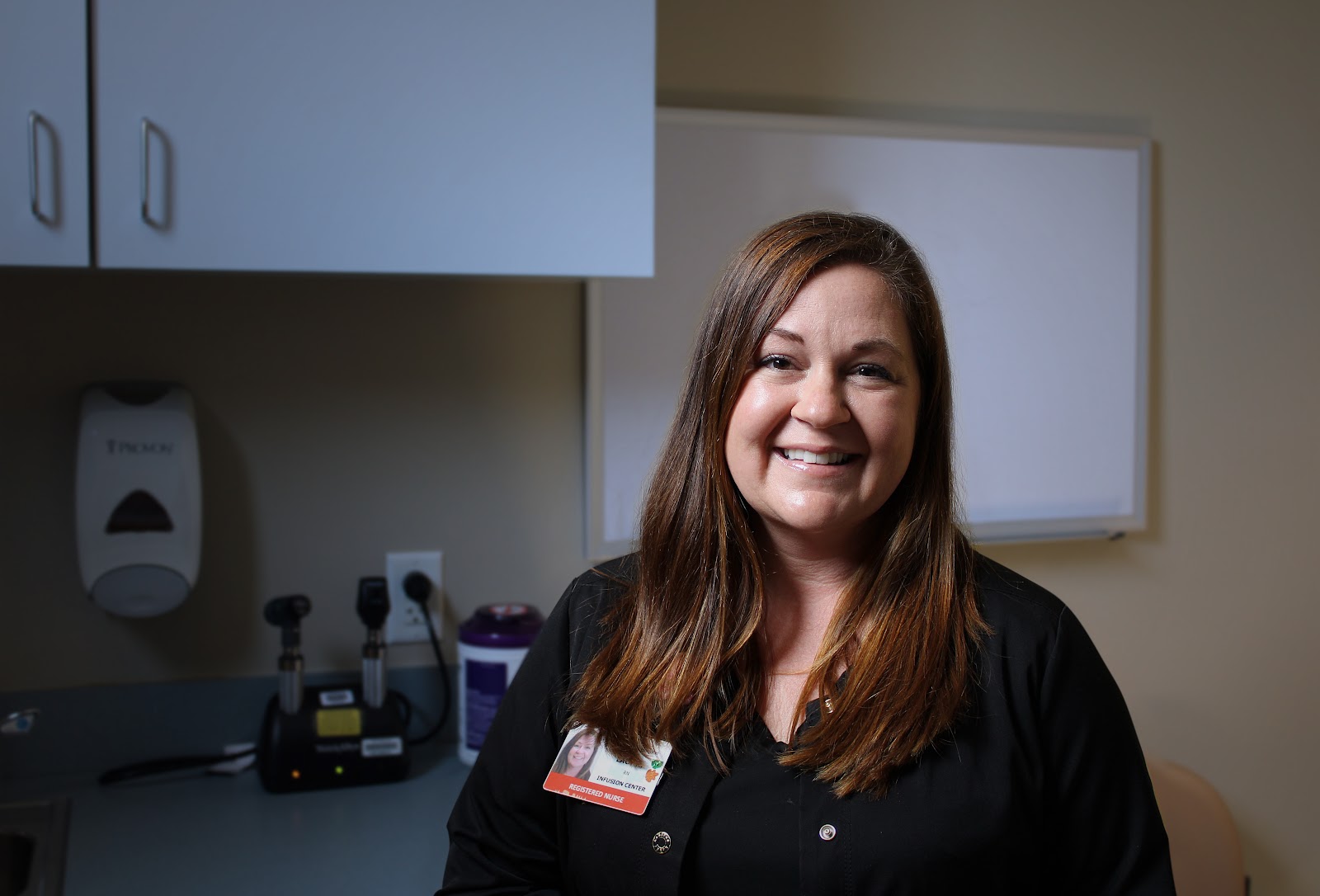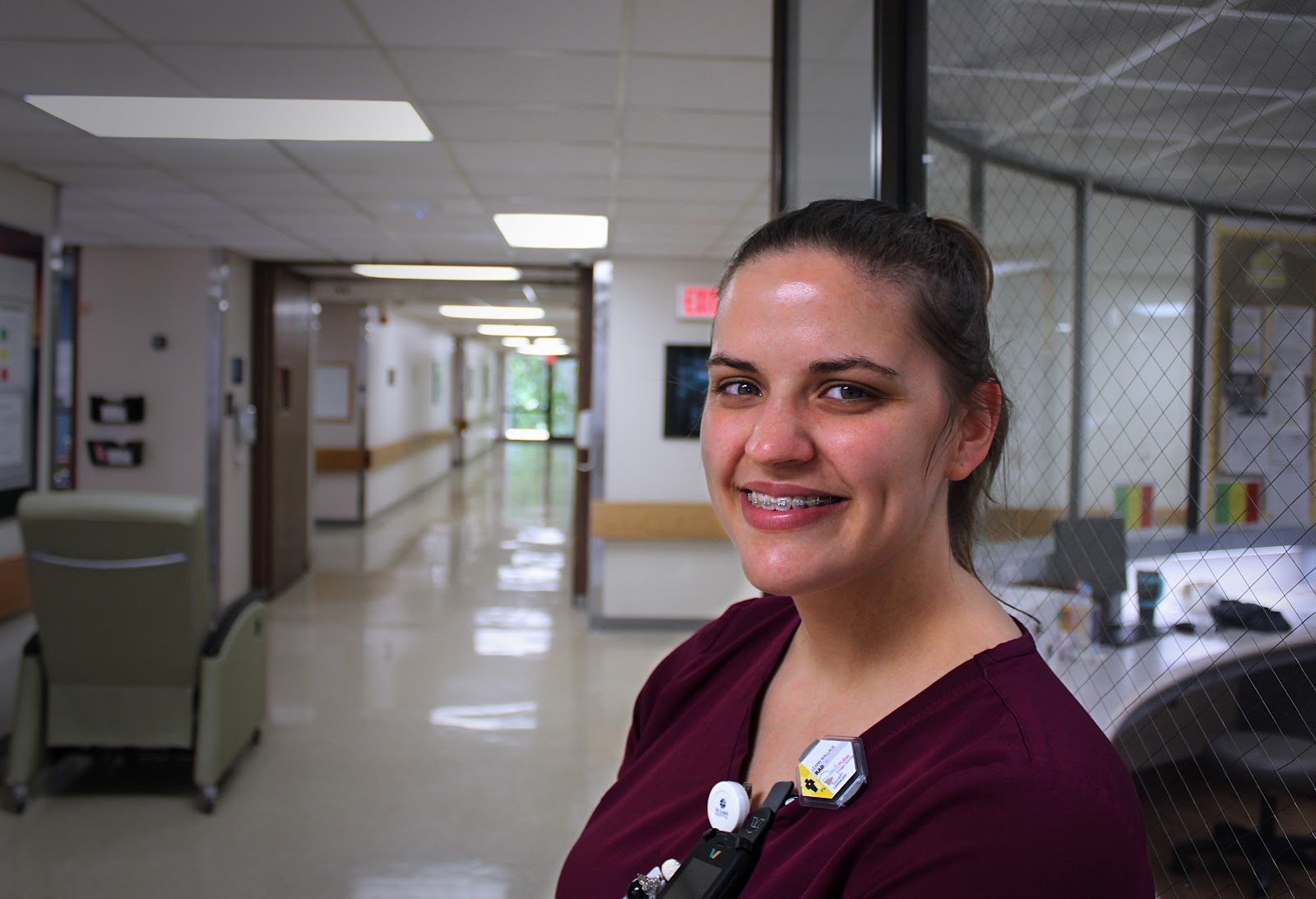Saint Lukes Hospital - Geriatric Psychiatry
Overview
Saint Lukes Hospital - Geriatric Psychiatry is a mental health treatment center for people seeking treatment near Polk County. As part of their treatment modalities for recovery, Saint Lukes Hospital - Geriatric Psychiatry provides cognitive behavioral therapy, dialectical behavior therapy, and nicotine replacement during treatment. Saint Lukes Hospital - Geriatric Psychiatry is located in Columbus, North Carolina, accepting medicaid for treatment.
Saint Lukes Hospital - Geriatric Psychiatry at a Glance
Payment Options
- Medicaid
- Private health insurance
- Cash or self-payment
- Medicare
- Federal military insurance (e.g., TRICARE)
Assessments
- Comprehensive mental health assessment
Age Groups
- Adults
- Seniors
- Young adults
Operation
- Private for-profit organization
Treatment At Saint Lukes Hospital - Geriatric Psychiatry

Conditions Treated
Mental health treatment:
Mental health facilities offer a safe space for individuals to get specialized care. Trained experts create personal plans using therapies, possibly including medication. The goal is to help individuals cope better and lead fulfilling lives, with constant support and a community feel.

Levels Of Care
Hospital inpatient treatment:
Inpatient treatment includes an all-encompassing residential therapeutic regimen, during which patients reside on-site for a period usually spanning 30 to 90 days. Within this immersive setting, individuals receive structured assistance, prioritizing their safety and fostering a dedication to recovery. The treatment modalities offered may include individual and group counseling, cognitive-behavioral therapy, holistic interventions, family therapy sessions, as well as experiential therapies. The overarching objective is to comprehensively address the physical, emotional, and psychological dimensions of addiction or mental health disorders, establishing a resilient groundwork for long-term healing.

Treatment Modalities
Cognitive Behavioral Therapy:
Cognitive Behavioral Therapy (CBT) is a evidence-based psychotherapeutic approach that aims to address dysfunctional emotions, behaviors, and cognitions through a goal-oriented, systematic process. It involves identifying and challenging negative thought patterns and beliefs and replacing them with more constructive ways of thinking and behaving. CBT is commonly used to treat a variety of mental health disorders, including depression, anxiety, and phobias.
Dialectical Behavior Therapy:
Dialectical Behavior Therapy (DBT) is a cognitive-behavioral therapeutic approach primarily to treat individuals with borderline personality disorder. It combines standard cognitive-behavioral techniques with distress tolerance, acceptance, and mindfulness concepts. DBT emphasizes the balance between accepting and changing behaviors, aiming to help patients build life skills, regulate emotions, and improve interpersonal relationships. It has since been adapted for and shown effectiveness in treating a variety of other mental health conditions.
Nicotine replacement:
Nicotine Replacement Therapy (NRT) is a medically-approved approach to help individuals quit smoking. It involves providing the body with controlled, lower doses of nicotine, typically through patches, gums, lozenges, inhalers, or sprays, to alleviate withdrawal symptoms and cravings. By gradually reducing nicotine intake, NRT aims to wean users off their dependence, making it easier to quit smoking and improving overall health outcomes.
Group counseling:
Group Therapy is a therapeutic space where individuals battling addiction come together to share experiences, gain insights, and support one another on their journey to recovery. Facilitated by trained professionals, this setting fosters communal healing and empowers participants to overcome the challenges of addiction through collective strength and understanding.
Experiential Therapy:
Experiential Therapy is a therapeutic approach that encourages individuals to identify and address hidden or subconscious issues through activities, actions, and direct experiences. Unlike traditional talk therapy, this method involves engaging in activities, role-playing, and other interactive techniques to garner emotional expression and self-discovery. By placing individuals in relevant situations, therapists can observe their behaviors and emotions in real-time, allowing for immediate feedback and insight. Through this interactive process, individuals can better understand their feelings and behaviors, develop coping mechanisms, and work towards resolving personal conflicts.
Ancillary Services
Languages
- Sign language services for the deaf and hard of hearing
- Spanish
Special Programs
- Persons 18 and older with serious mental illness (SMI)
Contact Information
DISCLAIMER: The facility name, logo and brand are the property and registered trademarks of Saint Lukes Hospital - Geriatric Psychiatry, and are being used for identification and informational purposes only. Use of these names, logos and brands shall not imply endorsement. BetterAddictionCare.com is not affiliated with or sponsored by Saint Lukes Hospital - Geriatric Psychiatry.

